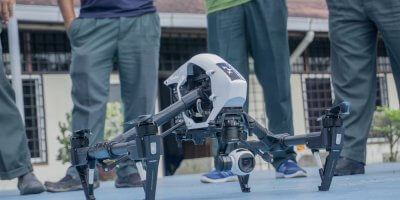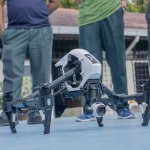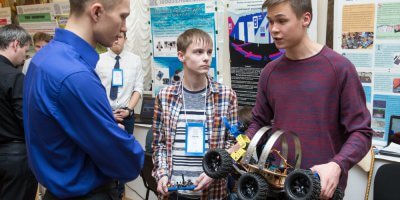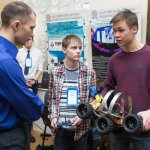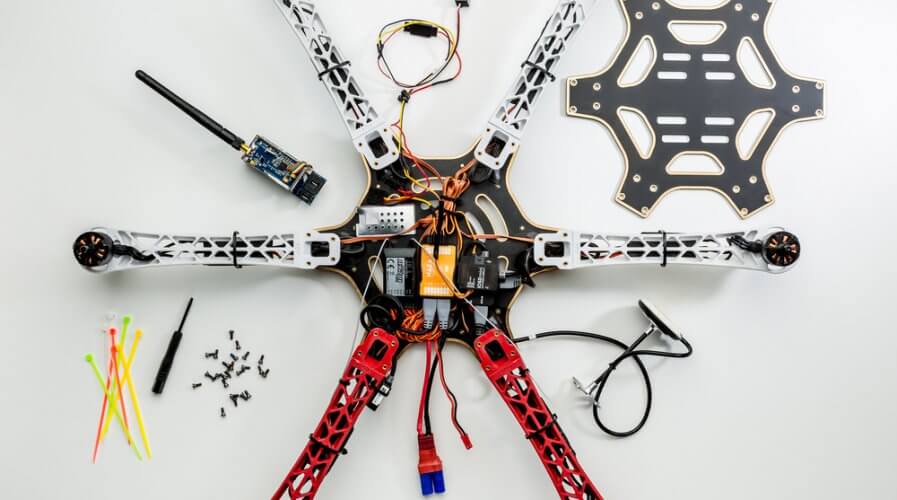
The Singapore Standards Council to release up to 40 new standards for new technology-driven areas. Source: Shutterstock
Singapore to develop best practices for drones, 3D printing and more
STANDARDS and best practices are incredibly useful when it comes to helping organizations get to grips with new technologies.
Typically, in areas where there’s some sort of benchmark, framework, or regulation, technology uptake is quicker.
It’s why experts believe regulations around the use of AI in video interviews will accelerate the adoption of AI-based solutions around this particular use case.
Singapore, hoping to help businesses in the country understand emerging technologies more clearly, has just announced that it will be issuing standards for 40 “nascent” technologies including drones, additive manufacturing, and video analytics.
The Singapore Standards Council (SSC), the specific agency that made the announcement and tasked with creating the guidelines, works in partnership with the industry, academia and government organizations to review and develop standards in Singapore.
The country has more than 700 standards at work across all industry sectors, and together, they provide the assurance of quality and reliability has proved to be a competitive advantage for the country in recent years.
According to the agency, the adoption of standards has enabled Singapore-based companies to uplift their capabilities in terms of improving productivity, facilitating innovation, and meeting international benchmarks for practices, systems, and performance.
“The disruptions caused by new developments can create economic displacement or provide opportunities for new business models to thrive. With standards serving as a guide for best practices, businesses can better navigate and respond to disruptions brought about by nascent developments,” a press release issued by SSC reinforced.
Standards developed by the SSC are usually well received because they’re never developed in isolation.
Instead, the SSC collaborates with government organizations, industry, and academia, in a transparent and consensus-based process, to ensure adequate representation of all viewpoints.
Further, once issued, the SSC works with partners, such as trade associations, to encourage companies to leverage and adopt standards as a strategic tool to uplift their business capabilities.
Currently, there are about 2,000 standards partners that work with the SSC and periodically weigh-in on implications and use of technologies and practices that concern them.
At the international level, Enterprise Singapore represents Singapore in advancing the country’s interest in standards development through SSC.
“It is important for Singapore to deepen its involvement in the global conversation on standards to ensure that our industries contribute to the development of new international standards and meet requirements as they are launched,” said Enterprise Singapore DG (Quality & Excellence) Choy Sauw Kook.
“One such area is the development of new international standards for nascent areas, to ensure that these standards developed are relevant to Singapore and can support our enterprises to access new business opportunities and markets.”
Among the nascent areas that the SSC is exploring are autonomous vehicles (TR68), drones that enable safer and more efficient façade inspections for industrial, commercial, and residential buildings, and the safety requirements for the design, operation, and maintenance of additive manufacturing facilities, among other things.
Overall, the standards are expected to help organizations quickly deploy nascent/emerging technologies in their business — allowing Singaporean businesses to retain their competitive edge in the digital-first marketplace.
READ MORE
- Ethical AI: The renewed importance of safeguarding data and customer privacy in Generative AI applications
- How Japan balances AI-driven opportunities with cybersecurity needs
- Deploying SASE: Benchmarking your approach
- Insurance everywhere all at once: the digital transformation of the APAC insurance industry
- Google parent Alphabet eyes HubSpot: A potential acquisition shaping the future of CRM

